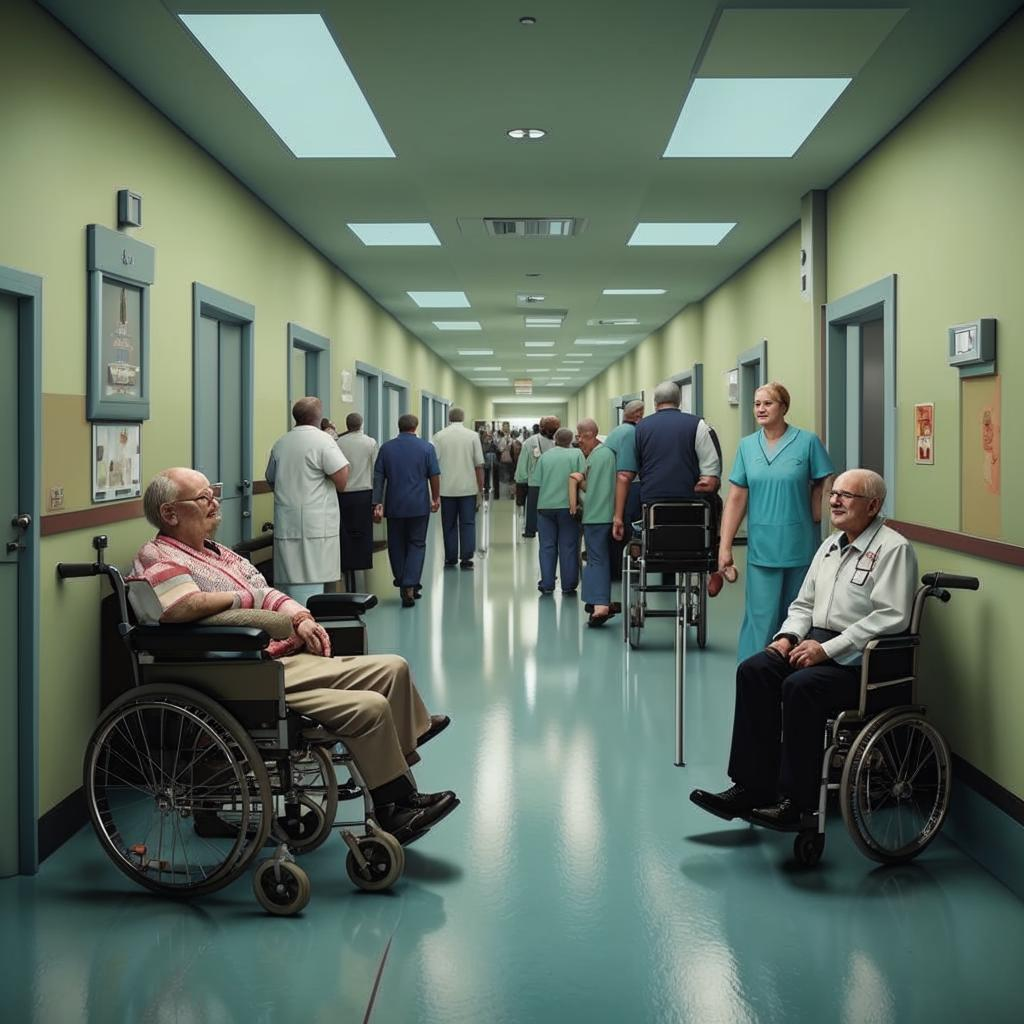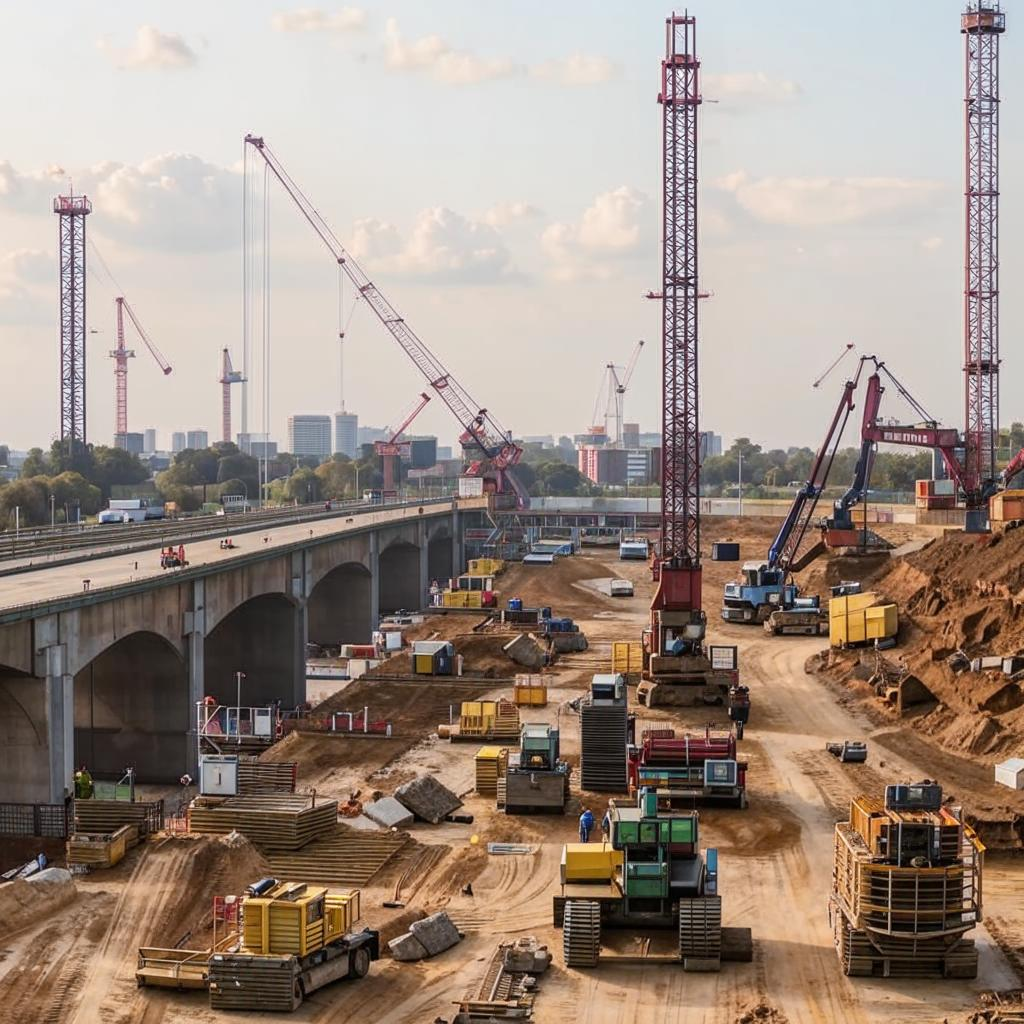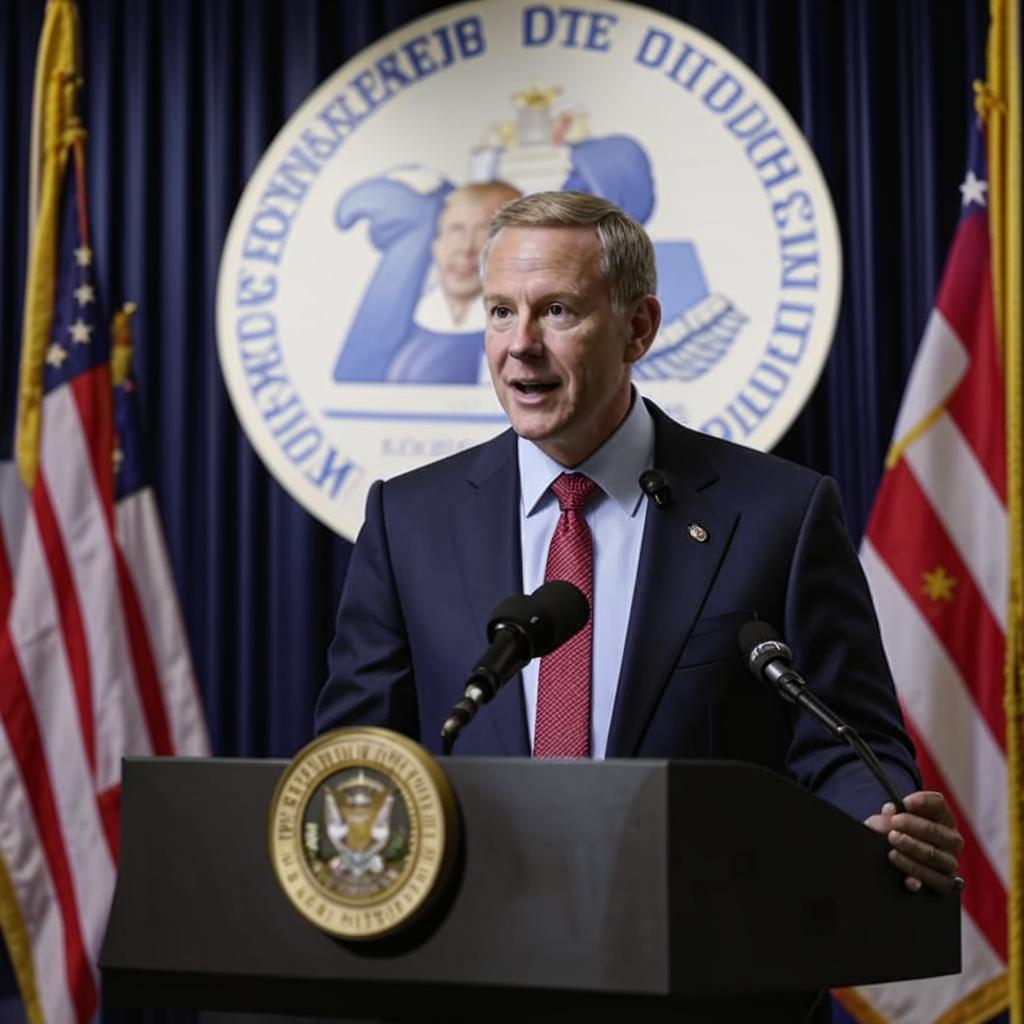The world is rapidly aging, creating unprecedented challenges for healthcare systems and economies. A growing elderly population necessitates significant adjustments in how societies function and allocate resources.
Healthcare systems are struggling to cope with the increasing demands of an aging population. Age-related diseases, such as dementia, Alzheimer’s, and cardiovascular conditions, are becoming more prevalent, placing immense pressure on healthcare infrastructure and personnel. Long-term care facilities are often understaffed and under-resourced, leading to concerns about the quality of care provided to elderly individuals. Innovation in geriatric care and preventative medicine is crucial to mitigate these strains.
Economically, aging populations present several hurdles. Declining birth rates and shrinking workforces can lead to slower economic growth. Pension systems are under strain as the number of retirees increases relative to the number of active workers contributing to the system. Governments are facing difficult decisions about raising retirement ages, increasing taxes, or reducing pension benefits. Furthermore, the “silver economy” – products and services catering to older adults – presents opportunities for economic growth, but requires businesses to adapt to the specific needs and preferences of this demographic.
Technological advancements, such as telemedicine and AI-powered assistive devices, offer potential solutions for improving healthcare delivery and supporting independent living for seniors. Governments and businesses must collaborate to develop innovative policies and strategies that address the multifaceted challenges of an aging world. Adapting infrastructure, promoting lifelong learning, and fostering intergenerational solidarity are essential for creating societies that can thrive in the face of demographic shifts. Investing in healthy aging is not just a social imperative but also an economic necessity. Finishtit












